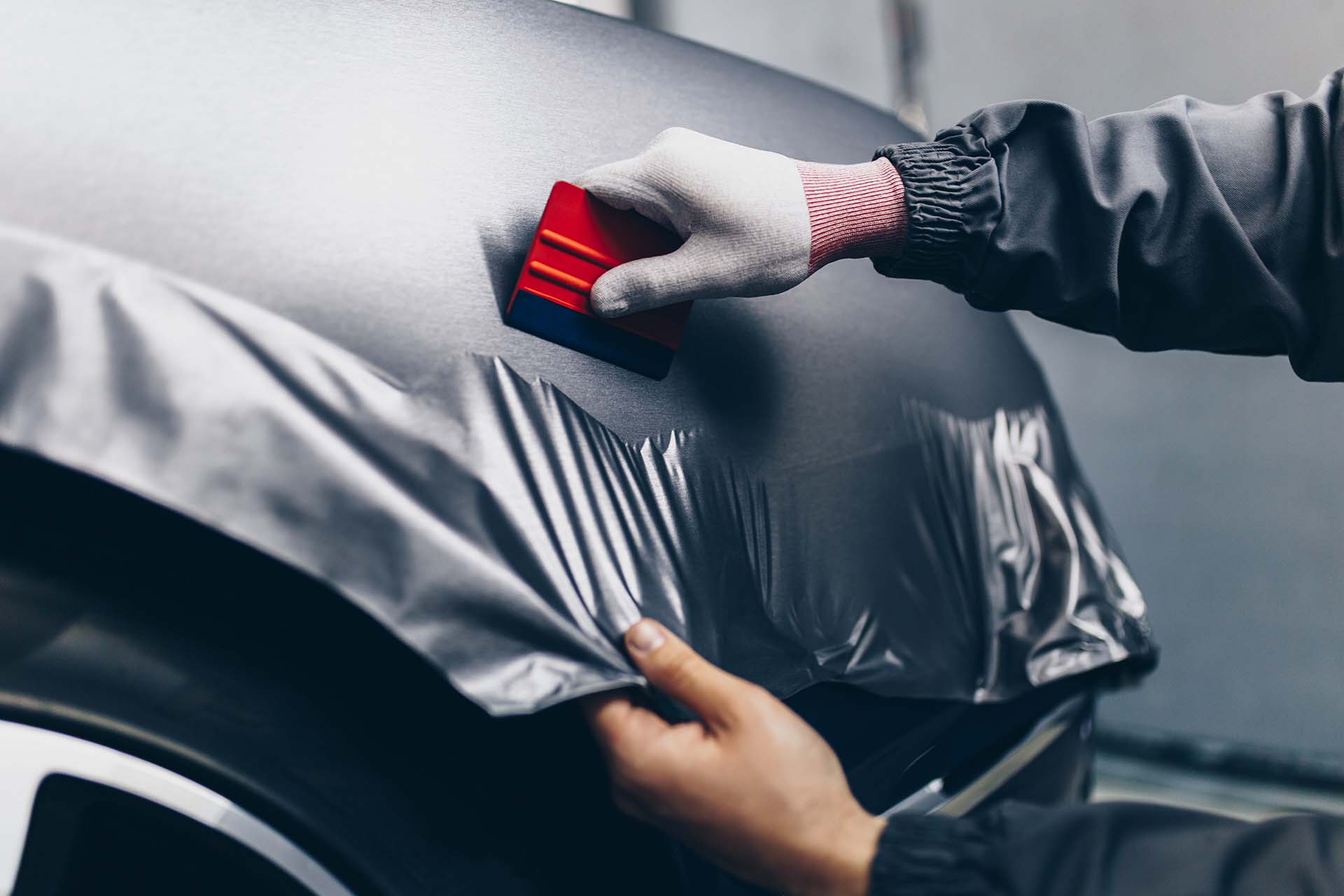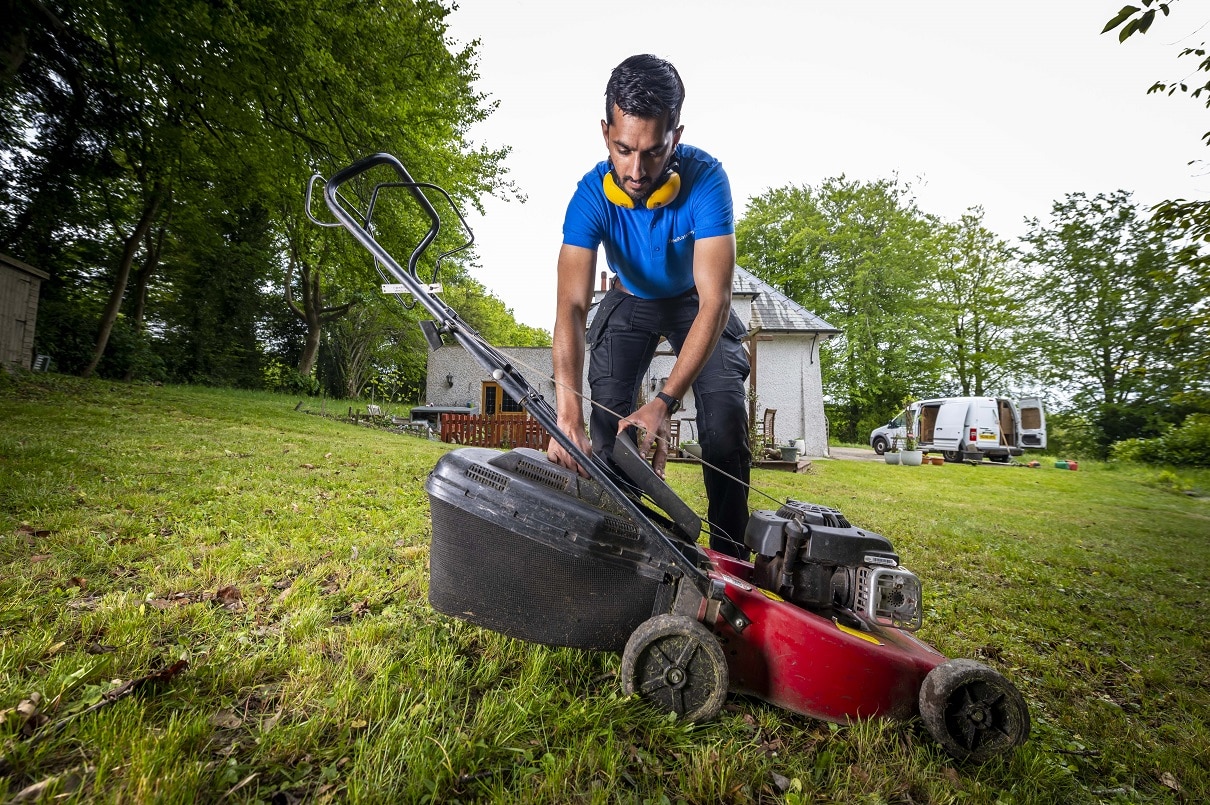Blog>Trade>Starting a Business>Guide to finding a business premises
Last updated: 14 August 2023
Guide to finding a business premises
Your business premises says a lot about you, so it's worth finding the right one. In this article, we look at leasing, renting, buying and paying business rates.
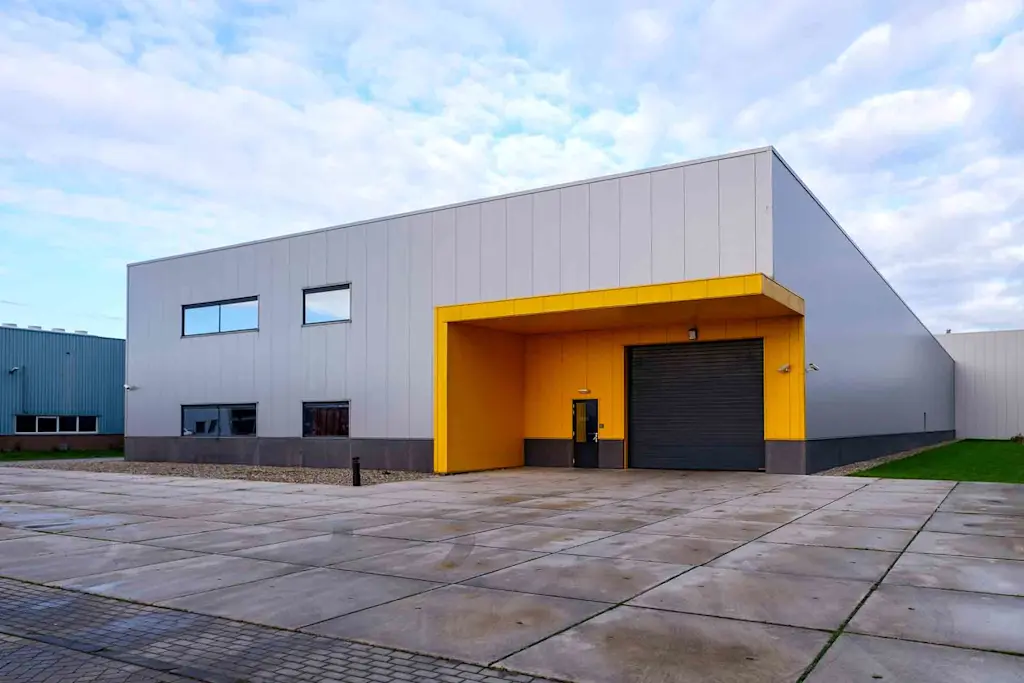
Buying a business premises or leasing business premises is a major financial decision. The purchase price of such a significant business asset can have a major impact on future profitability.
Similarly, leasing a business premises will incur ongoing costs that have to be supported out of income.
Another alternative is renting a business premises. Although renting is usually a short-term situation, it can still be a major cost for tradespeople.
Another important financial consideration when finding a business premises is the question 'Do I have to pay business rates'? This can influence the type of property you select and where it is located.
Finding a business premises needs to tick all the right boxes in terms of suitability. Not just today, but well into the future. Tradespeople should consider:
What type of building best fits your trade?
How and when do you prefer to work?
What your staffing needs are likely to be?
Where is the best location?
How long do you think you will need to be there?
What can you afford? This must cover rent, business premises insurance and other overheads, as well as business rates, which are governed by business rates valuations
Finding a business premises
The type of property your business needs depends on what you do and what you want to use the space for. For example:
Do you want somewhere to keep your tools and/or a workshop?
Are you looking for a shopfront to sell your services or products?
Do you just need an office space to work on a computer or hold meetings?
In other words, are you looking for industrial, retail or office premises? Once you know the answer to this, you can narrow your search criteria.
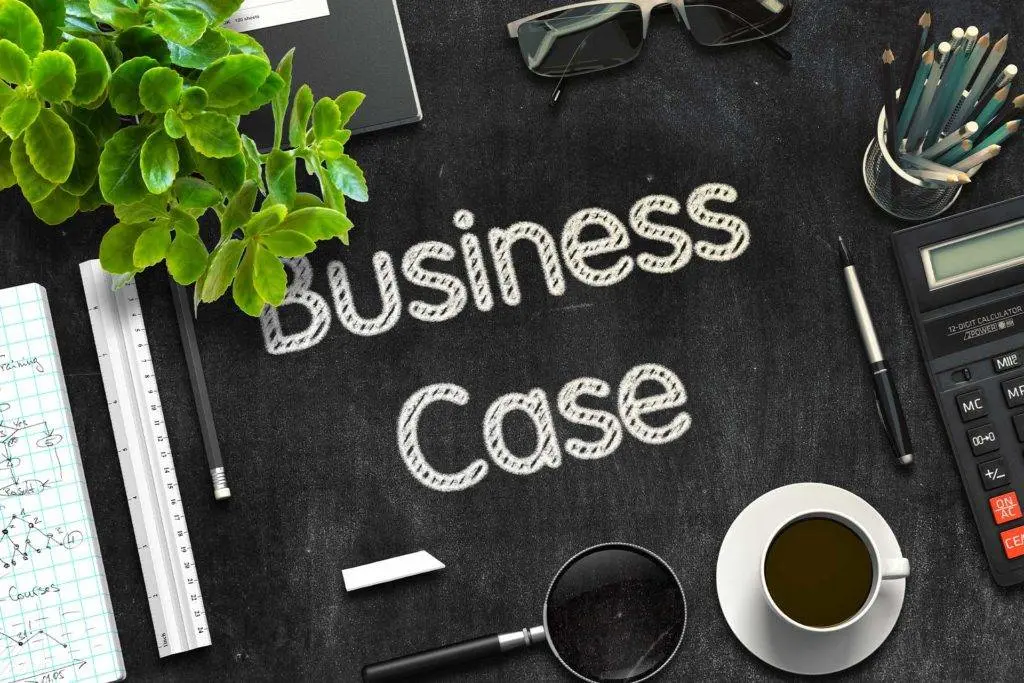
Choosing the right location
The next big consideration when finding a business premises is location. This is where your research skills will come into play.
For example, do you want customers coming through the door? If so, you might prefer to locate near to where they shop. This might incur a premium in terms of higher rent or business rates.
Alternatively, if you just want office space or a workshop, the location might be shaped by your budget and preferred commuting distance.
For example, do you want to be near a station so you and any talent you hire find it easier to get to? Always scope out the area and make sure an office or workshop is fit for purpose.
It should also be right for the image you're trying to project to customers and staff.
There are two important considerations that could influence your decision. First, if the business premises is in an enterprise zone, you can benefit from money-saving tax relief. Second, as we've said, check the business rates on the property.
If the property is partly for domestic use then this might affect the business rates you pay. Your local council sets business rates and can provide you with information.
Tradespeople might not want to make a long-term commitment to a particular location. This is especially relevant if they are unsure about their future growth.
This could be when renting a business premises comes into its own. It can offer more flexibility so you can move to other premises more easily if you need.
Ready to take your business to the next level?
We can help you get there
Making sure the business premises is fit for purpose
Once you've narrowed down your search to a type of property and its location, there are a few things worth considering about each potential place.
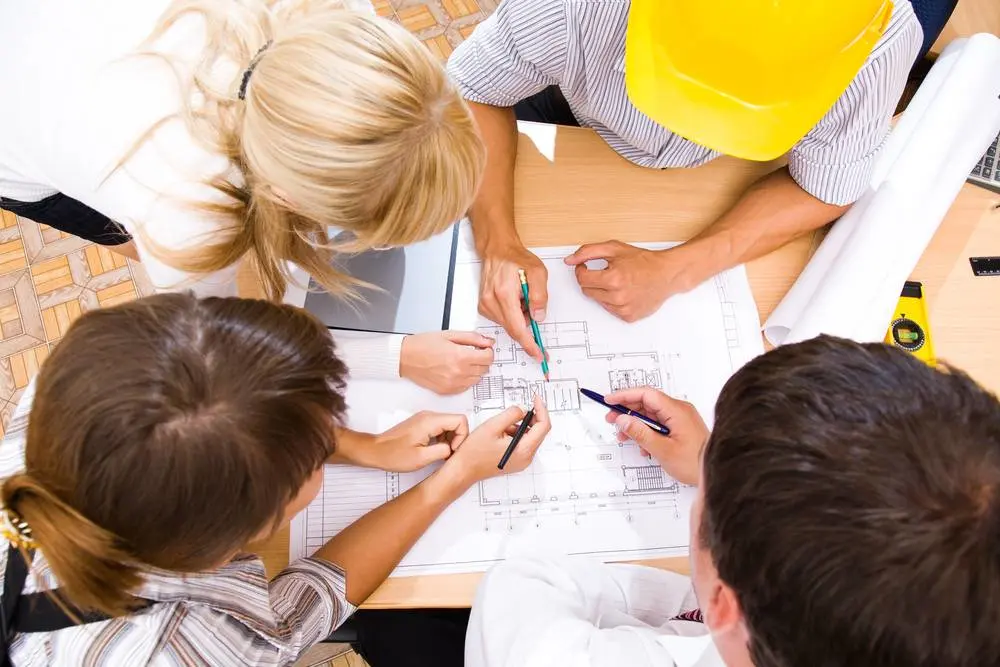
Space and layout
Think about how much space your business needs now and in the future. Consult your business plan for this one. You'll want enough space to house your tools/workshop or desks if you're using it as an office. Make sure there's enough space to be able to grow.
Alongside space, the layout is important. Open-plan offers more freedom, while individual private offices are less noisy. You don't want your customer service team to be sat near heavy machinery.
Access requirements
Consider the access needs of people with limited mobility. Think about
Do you have ramps and handrails?
Is your layout able to accommodate wheelchairs?
Are you on the ground floor, or are lifts required?
What opening hours do you need? Do you need 24/7 access?
Do you need multiple entrances?
Where are the emergency exits located?
Looks and comfort
How comfortable and visually appealing your business premises are is important. A stylish office looks good to your visitors. It should also positively benefit the health and well-being of your employees.
For example, bright and natural light can create a sense of tranquillity and style. Of course, if you're using it purely as a workshop, then the key thing is the lighting and the practicality.
If you are renting a business premises, you might not get much leeway in how you can change things.
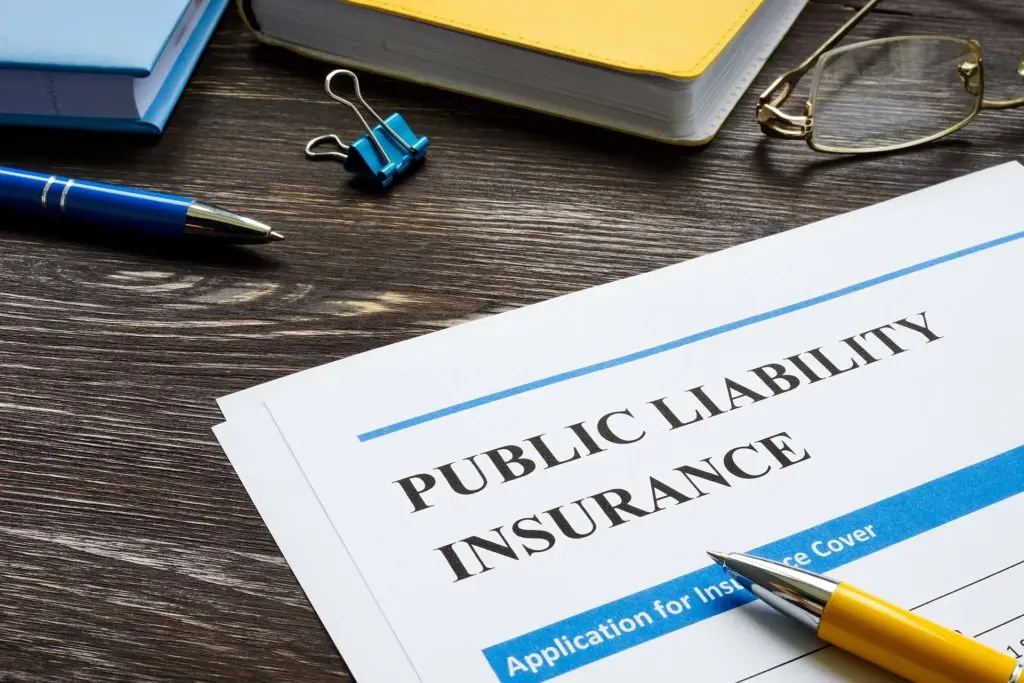
Legal and insurance aspects
If you've bought a property, what you do with it will depend on the planning permission you've applied for. However, what you do with the premises is linked to your contract if you are leasing business premises or buying business premises.
Check whether your area of business is covered by regulations to cover your back. See if you need any new licences to run your business and keep your employees safe.
The types of business premises insurance you need will vary. This could depend on whether you have employees, customers or others visiting the premises. Other factors could include the size, type and age of premises.
Add our good name to yours
People trust the Checkatrade 'tick.' Join to get it for your business!
Leasing business premises or buying business premises
A key factor for tradespeople is often whether it is better to rent or buy commercial property. The answer is always 'It depends.'
Let's look at the pros and cons of leasing and buying and your responsibilities for each.
Pros and cons of leasing business premises
Pros:
Renting and leasing business premises both require less upfront capital, meaning more money to spend on other areas of your business
You won't lose any money on the property if the market values suddenly drop
Relocating your business is much easier when you don't own the premises
You're protected from rising mortgage interest rates
You have fewer maintenance costs as external repairs are usually your landlord's responsibility
Negotiating terms that align with your business is often easier when renting or leasing
Cons:
If commercial property market values rise, you won't benefit
Rent reviews are up to the landlord, and they're able to increase it at agreed intervals
Service charges are often included in rent negotiations
Leaseholds often have clauses that stop business owners from conducting certain activities on the property
You may not be able to carry out changes or certain jobs that require tools - i.e. carpentry

Pros and cons of buying business premises
Pros:
You have your own unrestricted commercial space to do as you please (within reason) depending on obtaining planning permission
Buying commercial property is usually a stable investment
You're able to rent or lease the building or even sublet rooms or areas to others
If the market value of your property increases, you benefit
Ongoing costs are reduced because ground rent and service charges don't apply to you
Cons:
The initial upfront costs are much higher than leasing or renting commercial property
Ongoing costs may also be higher if your building is difficult to maintain
The maintenance of the building is your sole responsibility
If there are issues with your building or the market crashes, it's hard to sell
Buying commercial premises is considered a high-risk investment

Your responsibilities for commercial property
Whether you are buying business premises or leasing business premises, you have certain responsibilities. Most of these come under the Health and Safety at Work etc. Act 1974.
These responsibilities cover the overall maintenance of the building. They also concern the health and safety of any visitors or employees.
Health and safety risk assessments help you identify and remove any potential hazards. These include fire, electrical and gas safety checks and also asbestos.
You'll probably need to hire a safety engineer to carry out these checks for you.
A good working environment
Your responsibility is also to keep the property at a reasonable temperature and provide adequate light, facilities, drinking water and safety equipment.
If you are buying business premises, you are responsible for every aspect of the Health and Safety Act. However, if you are leasing business premises, your landlord is usually responsible for certain areas.
If you are leasing business premises, you will have tenant responsibilities. Even if you are only renting a business premises, you are likely to comply with certain health and safety standards.
FAQs
Which is better – buying business premises or leasing business premises?
Commercial property investments are considered high-risk, so many tradespeople prefer to rent or lease. This can save money and reduce risk. This is especially worth it when you're first starting out and building your business from the ground up. However, if the property is prime real estate in a desirable area and you can afford it, buying offers many benefits.
Is renting a business premises a good idea?
The decision to rent rather than buy or lease will probably depend on your long-term objectives. Rental periods tend to be shorter than leases. If you think you only need a premises for a relatively short time then renting may be the best option. Renting could be better if you think your business will soon grow out of the premises and you might need to move.
What are the main considerations in finding a business premises?
Be very clear about the type of property you need and for how long, so you don't have to think about moving again before you want. This will depend on your trade and business plans.
Do I have to pay business rates?
In most cases, yes. Business rates are charged by local councils on most non-domestic properties. If part of a building has a non-domestic use then business rates will probably apply.
Add our good name to yours
People trust the Checkatrade 'tick.' Join to get it for your business!
